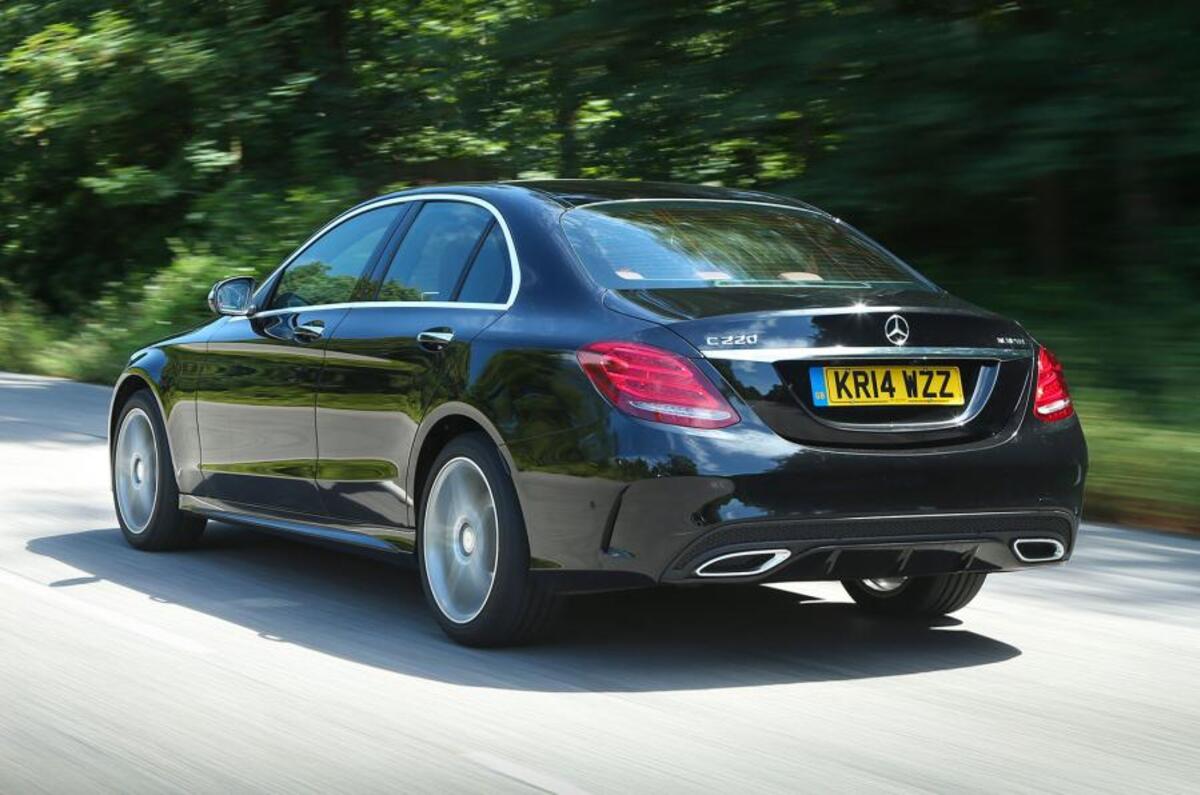Real-world tests have recorded the Mercedes Mercedes-Benz C-Class C220 TDi BlueTec emitting 40 times more NOx than the legal limit in laboratory tests. However, Mercedes says the results are a consequence of real-world tests not reflecting official procedures, primarily because of the low ambient temperature during the test.
The tests were conducted by Holland’s Organisation for Applied Science Research (TNO) on behalf of the Dutch Minister of the Environment.
Mercedes says the discrepancy is partly down to the exhaust gas recirculation (EGR) process operating differently between five and seven degrees centigrade, a process it says is aimed at protecting the EGR cooler. Official laboratory tests that define whether a car is legal are conducted at 22 degrees centigrade.
Mercedes says this practice is fully legal, and that it is required to ensure the regulated requirement of delivering full functionality of the exhaust gas after-treatment system up to at least 160,000 kilometres. However, critics, while accepting the legality of the system, have suggested that such a device should be banned as it means the cars are hugely more polluting in low temperatures.
A Mercedes statement read: “Daimler AG once again absolutely rejects the inherent accusation of manipulation. Mercedes-Benz vehicles fully comply with the national regulations in force at the time of vehicle registration.
“We absolutely reject speculation or interpretation that possible deviations between test-bench measurements and measurements made during real driving conditions can only be explained by manipulation. No defeat device, ie a function that improperly restricts the effectiveness of exhaust-gas after-treatment, is used by Mercedes-Benz. Neither do Mercedes-Benz vehicles have a function that automatically recognises when a vehicle is being tested.”
However, as a consequence of the claims, a pressure group in Germany, Deutsche Umwelt Hilfe, has called on Germany’s automotive regulator Kraftfahrt-Bundesamt (KBA) to withdraw the EU-wide type approval for all diesel-powered C-Class models, or have the cars banned from all inner cities when temperatures drop below 10 degrees centigrade.
If type approval were withdrawn, affected cars would have to be taken off sale.





Join the debate
Add your comment
Makes you wonder how many
I've developed a real nose for stinking cars and vans that aren't that old when I'm out walking the dog (not difficult). The 5-15 year old stuff are particularly bad, the high pressure injection pumps were good for torque but not soot and acrid smells.
Unacceptable excuse
Re: Petrol CO emissions